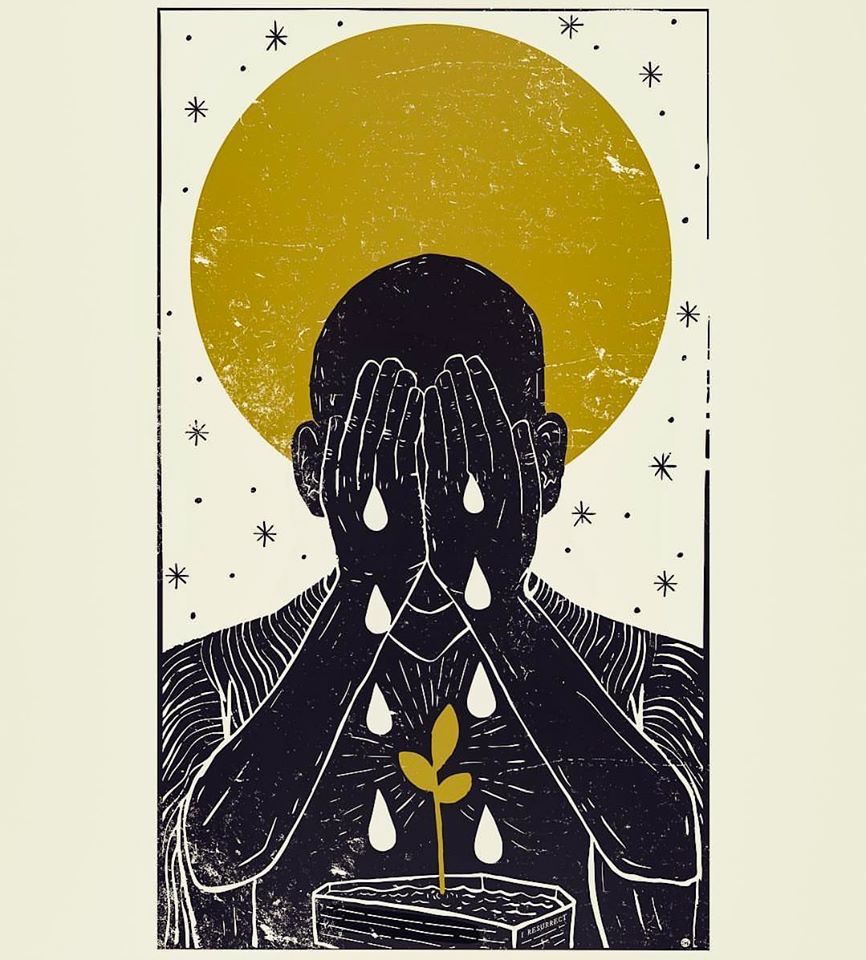Why are you cast down, O my soul, and why are you disquieted within me? Hope in God; for I shall again praise him, my help and my God (Psalm 43:5)
The Psalms are an important part of Scripture and play an important role in our Christian faith. Way back in Sunday School, I remember Mr. Ross teaching us that whenever you need to find the Book of Psalms, just open your Bible smack dab in the middle, and there they are! Try it, and you will discover that it still holds true… at least six out of every ten times. Though those thick Study Bibles have me landing in Isaiah more often than the Psalms.
In seminary, we learned that there are different types of psalms, including: Psalms of Trust, Psalms of Thanksgiving, and Psalms of Lament. The latter type, the Psalms of Lament are the most prevalent. Lament Psalms were prayed during times of personal or community distress. Individual Psalms of Lament may focus on sickness, adversity, betrayal, and abandonment. While a national disaster or military defeat may provide the focus for corporate Psalms of Lament. Psalms of Lament speak the truth of our human condition, and this truth provides comfort in knowing that we are never alone, and that God hears our cries and concerns.
Martin Luther treasured the psalms of lament. Of them, he said,
“What is the greatest thing in the Psalter but this earnest speaking amid the storm winds of every kind? . . . Where do you find deeper, more sorrowful, more pitiful words of sadness than in the psalms of lamentation? And that we speak these words to God and with God, this I repeat, is the best thing of all. This gives the words double earnestness and life”.
As you ponder these words of double earnestness and life, I invite you to turn to the middle of your Bibles, to the Book of Psalms. Take a moment to meditate on two Psalms of Lament: Psalm 43, an individual prayer to God in time of trouble, and Psalm 86, a corporate supplication for help against enemies.
